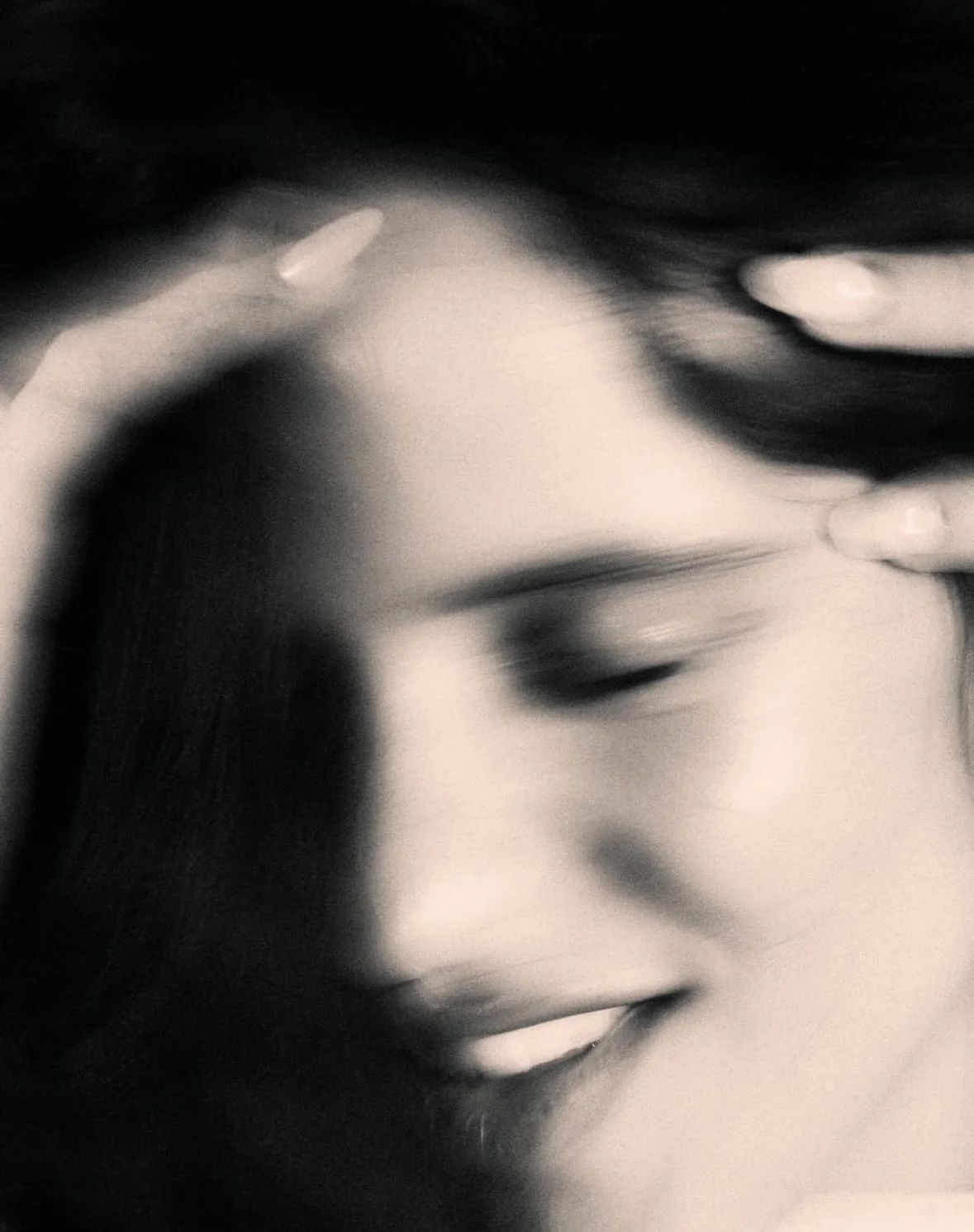LUX
Rosalía dazzles with LUX, her most anticipated album.
November 15, 2025
Rosalía has done it again. The Spanish singer released her album LUX on November 7th, and since then, it has become a full-fledged cultural phenomenon. It presents us with a complex and ambitious conceptual work, using spirituality as its central theme.
Divided into four movements, it is more important than ever to listen in an orderly fashion, as the artist connects the current scene with mysticism, creating a kind of pop opera that draws from contemporary life, history, religion, and femininity.
“PRAY ON MY SPINE, IT’S A ROSARY”
As she has accustomed us, Rosalía immerses us in her own universe, one in which she refers to Undibel in the same song in which she tells us that the Fifth Avenue fits in a piercing, the Titanic in a lipstick and showcases the voice of Pattie Smith in an interview from '76, thus creating a whole symbology and imaginary around her work, which will survive the passage of time.
In LUX, Rosalía sings in thirteen different languages, which adds musicality and further enhances the concept. Her multilingualism is not used arbitrarily; rather, it makes the album universal and a tool for connecting the audience with the stories she tells (each song is inspired by a different female saint from around the world).
Rosalía for Billboard. Photography by Alex G. Harper
Her voice, more lyrical than ever, takes center stage. Almost whispered at times, yet with an almost supernatural power, in songs like Mio Cristo Piange Diamanti or Magnolias, she manages to convey solemnity and drama while showcasing her vocal prowess. The way she soars, as if floating, only to descend again. That interplay between the spiritual and the earthly is present throughout the album.
A vulnerable album that explores a sometimes fatalistic narrative. Symbolic, powerful, and full of allusions to modern culture, in which neologisms dance with the celebration and the incorporeality, in an iconic and transcendent dance.
The artist portrays herself as a sacred being in songs like Divinize with lines like “Each vertebra reveals a mystery, pray on my spine, it’s a rosary.” The instrumentation creates an ethereal atmosphere, with accelerated pulses that evoke a feeling of suspension that converses with the disruptive electronic rhythm.
The artist connects the CURRENT SCENE with mysticism, creating a kind of pop opera that draws from contemporary life, history, religion and FEMININITY.
The changes in rhythm introduce us to a frenetic, fast and rebellious reality, in a continuous personification of devotion and religiosity. Tenderness in the wound, the atavism of the 21st century, the mixture of nuances, the fury of heartbreak… the internalized contradiction, the painful duality.
In contrast with MOTOMAMI, LUX features an absence of evident Latin rhythms, drawing a line that separates the two works, in a conscious act.
Rosalía doesn't abandon flamenco in LUX. On the contrary, as she has accustomed us, it becomes one of the project's pillars, although not in the explicit form of EL MAL QUERER. In harmony with and constantly accompanied by classical music, she promotes flamenco as an international language. The cante jondo, the quejío, the use of palmas in the movements gives the album a unique personality and contributes to a long-awaited presentation: the world deserved an artist who would elevate flamenco to a global level.
Rosalía for El País Semanal. Photography by Kito Muñoz
LUX presents us with a combination of liturgy, chaos, sacrifice and redemption, exploring that duality that runs throughout the album: the conflict between the physical body and the immaterial dimension. Between being nothing and everything all at once.
Ego sum nihil. Ego sum lux mundi.




